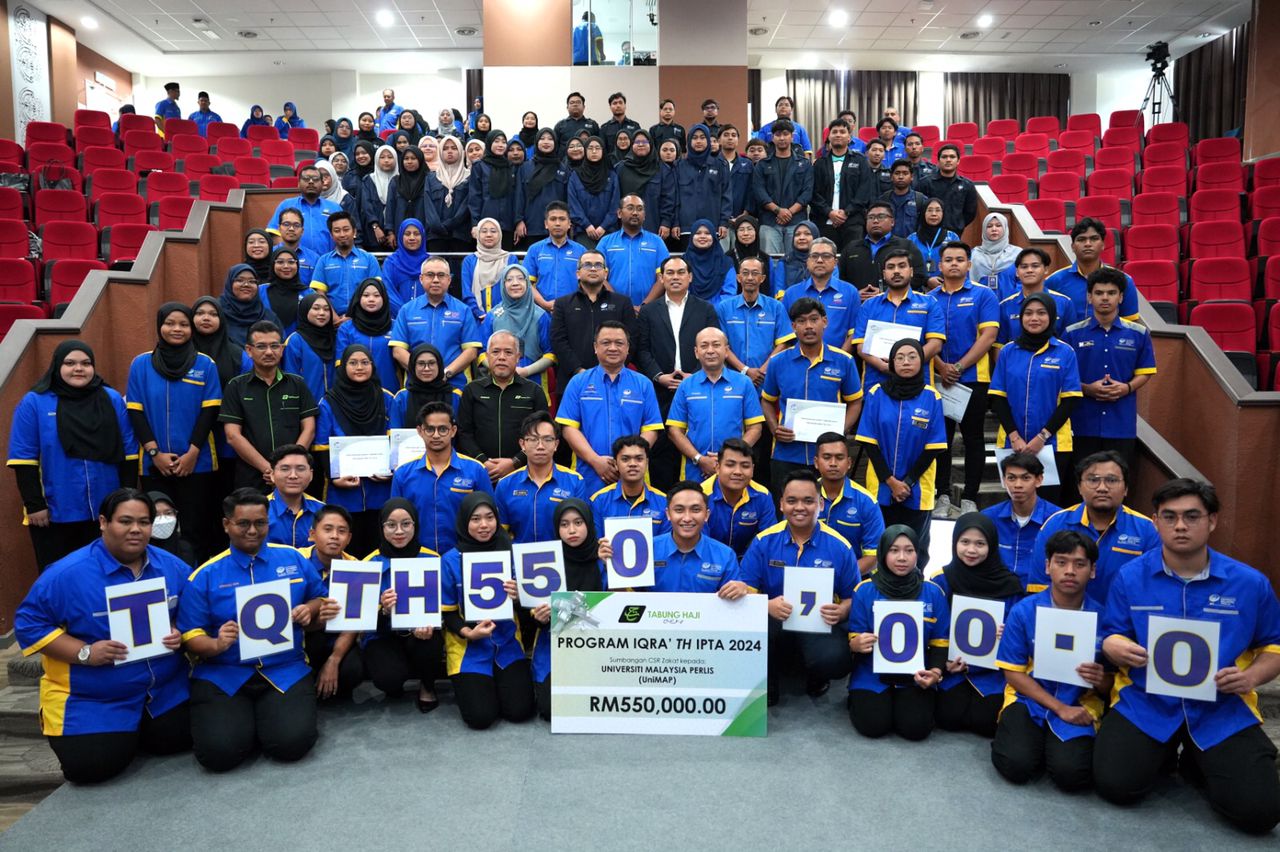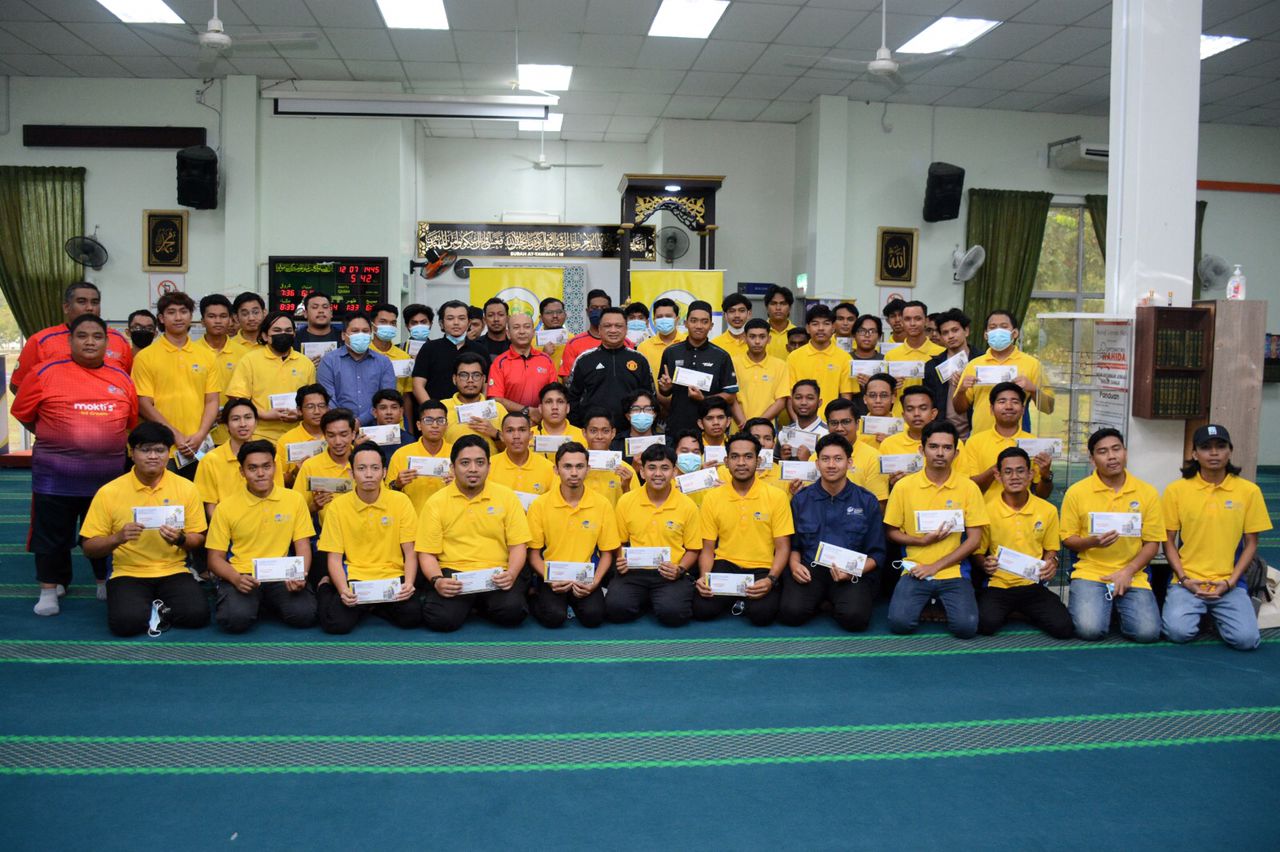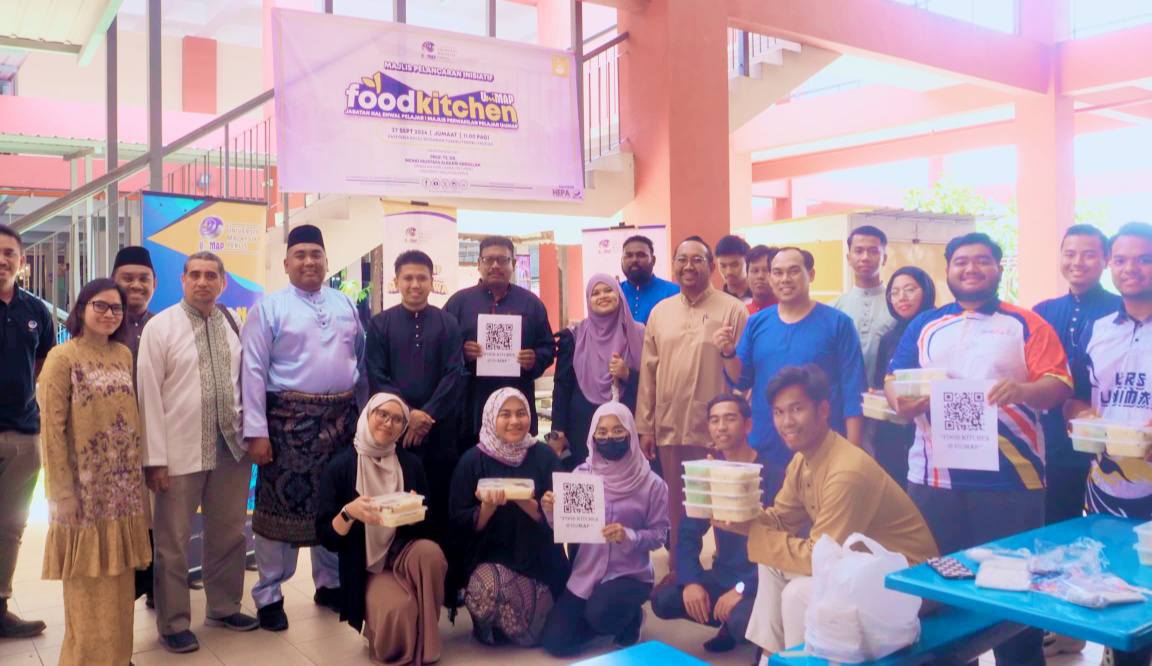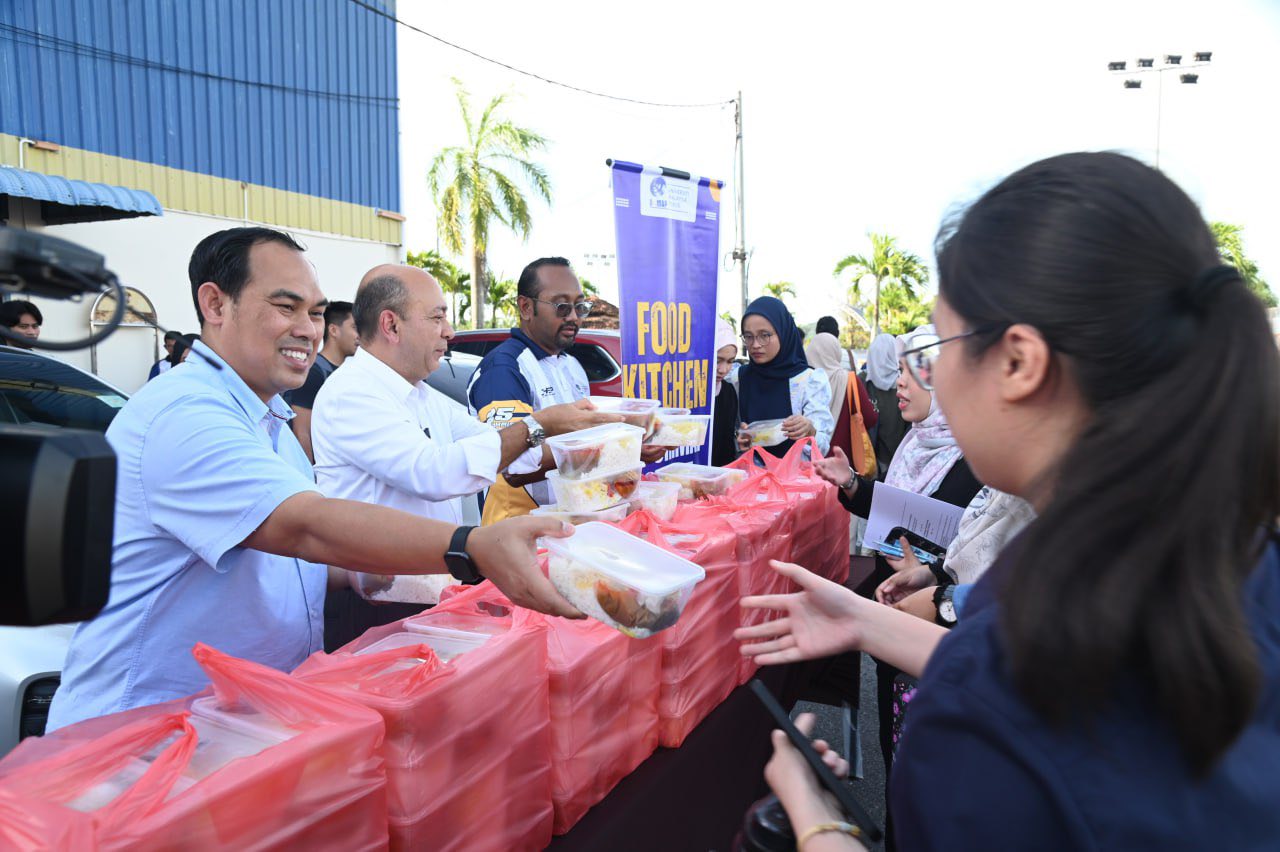- Details
- Super User
- News Event
|
Pauh, Perlis — The Student Affairs Department (JHEP), Universiti Malaysia Perlis (UniMAP) is strengthening women’s access to opportunity through a comprehensive ecosystem of mentoring and leadership development, financial inclusion, and targeted access pathways. In 2024, activities delivered across 119 pillar programmes involving 13,380 students (including young women) helped build skills, visibility, and networks for women leaders on campus and beyond. These are delivered across UniMAP’s seven pillar programmes:
This breadth ensures that women have multiple entry points to develop confidence, professional readiness, and a strong sense of civic responsibility. Financial Inclusion for Women from B40 Households To reduce barriers to participation and progression, female B40 students are supported through zakat and SULUNG (first-generation) schemes. These instruments help with essentials and study-related costs so that talent—not financial circumstance—determines outcomes. Targeted Pathways & Recognition JHEP also facilitates visibility and access to national platforms for women students:
Such achievements reflect the value of coaching, nomination, and administrative support that open real-world opportunities for women to lead and serve. How This Supports SDG 5 (Gender Equality), Indicator 5.3.3 What we support: SDG 5, Indicator 5.3.3 — Women’s access schemes (mentoring, scholarship, other targeted support).
Together, these mechanisms directly advance SDG 5.3.3 by increasing women’s access, retention, leadership visibility, and progression in academic and co-curricular pathways. #SDG5 #GenderEquality #WomenInLeadership #AccessToEducation #LeaveNoOneBehind #SDGAction #UniMAP #JHEP #HEPA #UniMAPCares #UniMAPStudents #UniMAPCommunity #Malaysia #HigherEducation #APBN2024 #YSS |
- Details
- Super User
- News Event
|
JHEP advances SDG 1 (No Poverty), Indicator 1.3.4 Arau, Perlis — The Student Affairs Department (JHEP) of Universiti Malaysia Perlis (UniMAP) is strengthening social mobility by delivering targeted financial support to students from the lowest-income households. In 2024, the flagship SULUNG programme—a financial-aid scheme for first-generation students—supported 140 students across three cohorts: SULUNG 1.0 (8 students), SULUNG 2.0 (32), and SULUNG 3.0 (100) (HEPA Annual Report 2024, p. 33). Alongside SULUNG, JHEP channelled zakat disbursements to 1,100 students, including RM500 per recipient via Tabung Haji, to help cover essential living and study costs (p. 31). Together, these measures reduce immediate financial stressors and sustain academic continuity for the most vulnerable student groups. Why This Matters for SDG 1.3.4 What we support: SDG 1 — No Poverty, Indicator 1.3.4 (Bottom financial quintile student support).
Together, these targeted interventions directly advance SDG 1.3.4 by ensuring students in the bottom income quintiles can remain enrolled and complete their degrees. 2024 At-a-Glance
Source: HEPA Annual Report 2024 |
- Details
- Super User
- News Event
Program SUK@ PERLIS / #SUKAPERLIS ini adalah kesinambungan daripada Program Bakti Siswa (BAKSIS) Perdana UniMAP yang bermula pada tahun 2004;mula diperkenalkan dengan memberi khidmat serta penglibatan Mahasiswa UniMAP bersama komuniti setempat di Negeri Perlis. Pada tahun 2013 program BAKSIS ini telah mula dilaksanakan di seluruh negara melibatkan pelbagai komuniti di seluruh Negeri di semenanjung Malaysia. Namun begitu, akibat kekangan kewangan, perubahan dasar dan pandemik Covid-19 telah merencatkan pelaksanaan BAKSIS.
Tanggungjawab mahasiswa dalam pembangunan komuniti harus dilihat sebagai satu peranan penting untuk membangunkan komuniti setempat seiring dengan kemajuan arus globalisasi. Aspek pendidikan, pendedahan dan pengetahuan berkaitan kemajuan perlu disampaikan oleh kumpulan mahasiswa melalui aktiviti tanggungjawab sosial demi pembangunan sejagat.
Dengan adanya aktiviti seperti ini diharapkan dapat meningkatkan semula keyakinan komuniti terhadap kualiti Mahasiswa Universiti yang sebelum ini dilihat gah sebagai sumber motivasi generasi muda terhadap pembangunan nilai-nilai insaniah komuniti dari pelbagai aspek.
Tambahan lagi, pelaksanaan program ini menyahut seruan YB Menteri Pendidikan Tinggi untuk memberi tumpuan terhadap pembangunan mahasiswa kearah “Smart and Sharp” iaitu dapat melengkapkan pelajar kita dengan kepintaran mengurus manusia dan kebijakan mengurus teknologi. Bukan sekadar memahami intipati ilmu dalam disiplin yang mereka pelajari dalam bilik kuliah.
- Details
- Super User
- News Event
|
Pauh, Perlis — The Student Affairs Department (JHEP) of Universiti Malaysia Perlis (UniMAP) continues to remove financial barriers that threaten student persistence and completion. In 2024, JHEP delivered free and subsidised/financial support at scale to low-income students—concretely advancing SDG 1 (No Poverty), Indicator 1.3.3: Low-income student support. Free Support: Food Security, Delivered Through the Food Kitchen initiative, JHEP ran six free distributions in 2024, directly benefitting 3,000 students with complimentary meals to ease immediate food insecurity (HEPA Annual Report 2024, p. 34). Subsidised/Financial Support: Zakat That Stabilises Studies JHEP’s zakat disbursements supported 1,100 students, including RM500 per recipient via Tabung Haji—helping to cover essentials and study-related costs so students can remain enrolled and focused (HEPA Annual Report 2024, p. 31). How This Supports SDG 1 (No Poverty), Indicator 1.3.3 These two mechanisms work together to reduce short-term financial shocks (free meals) and address ongoing financial pressures (zakat/allowances). By tackling both immediate and structural barriers, JHEP’s support enables low-income students to continue and complete their degrees, which directly fulfils SDG 1.3.3. 2024 At-a-Glance
Source: HEPA Annual Report 2024 #SDG1 #NoPoverty #SDGs #LeaveNoOneBehind #SDGAction #UniMAP #JHEP #HEPA #UniMAPCares #UniMAPStudents #UniMAPCommunity #Malaysia #HigherEducation |








